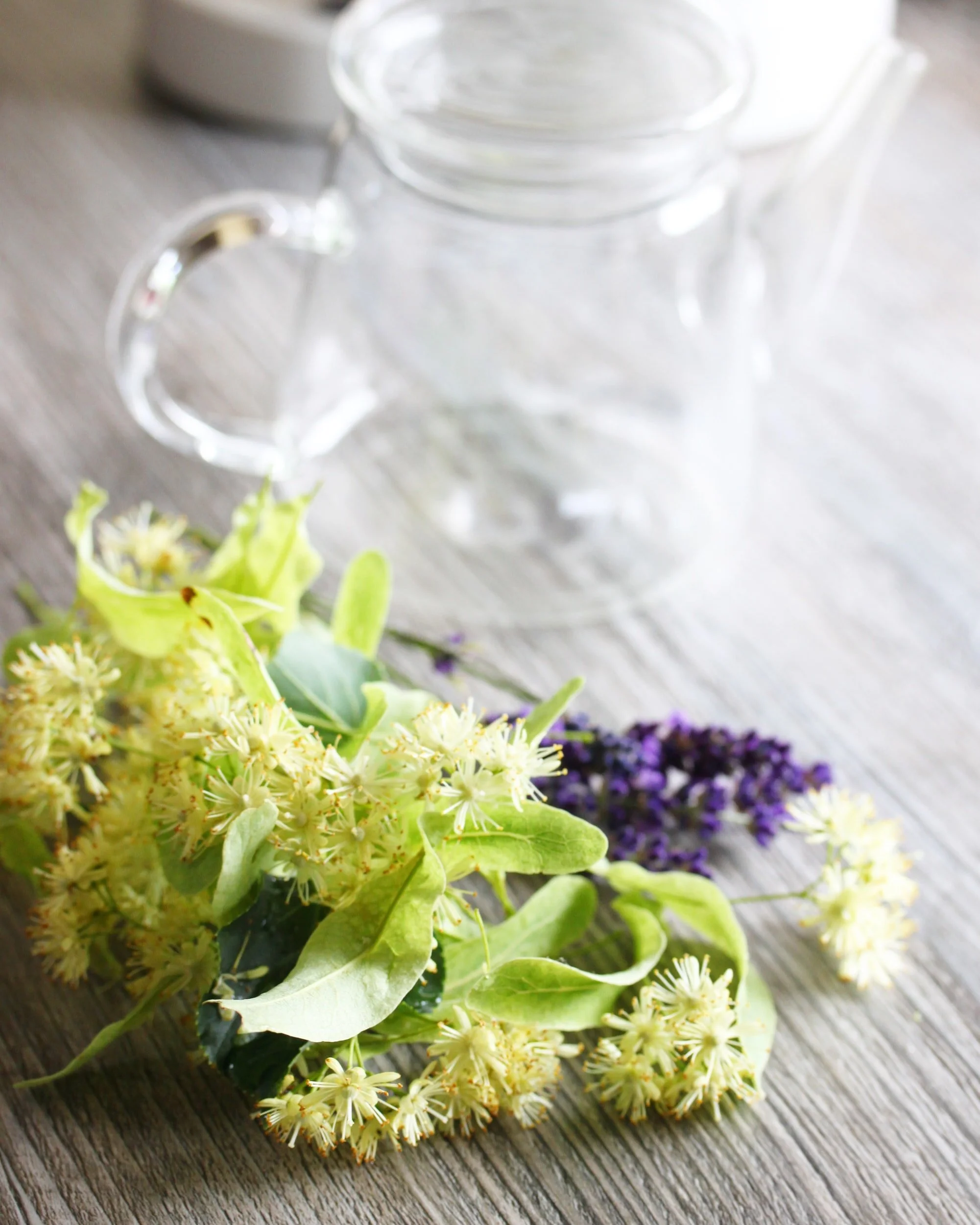Can you protect yourself against infections?
The water doctor and herbal priest Sebastian Kneipp (1821-97) was very familiar with infectious diseases. When he himself developed tuberculosis with the typical bloody cough during his studies, this also meant that he was excluded from studies. At that time, rigid regulations were not intended to protect other students from infection; rather, the church wanted to spare the congregations the sight of a pastor who was wasting away from “consumption”.
Kneipp was lucky: he took cold baths in the winter-cold Danube following the instructions in a booklet he read by chance and then warmed himself up by walking quickly. After a few months the cough was healed and he was able to continue studying. After his death, encapsulated herds were confirmed in his lungs. Something like this certainly happened in robust patients, presumably the stimulation of the immune system contributed to its healing. He later used water applications to treat patients in a cholera epidemic.
Kneipp always took care of the poor, sick, helpless and marginalized and brought them a lot of understanding and compassion. He built a sanatorium in Wörishofen for stigmatized patients with skin tuberculosis. However, this was undermined by his community, who did not want to see disfigured patients on their newly built spa promenade. Admittedly it was formally but the alleged risk of infection in connection with insufficient personal professional competence that led to the failure of the approvals by the health authorities.
Kneipp advised people to protect themselves preventively against infections by strengthening the immune system and "hardening" the body. This then reduces the risk of infection and makes the course of the disease less difficult. Kneipp would also recommend this against today's problem viruses. With regularly used short cold water applications, such as B. the simple "knee cast", the blood flow regulation can actually be improved in the mucous membranes of the nose, throat and throat. This means that the local immune defense against bacteria and viruses works better, but the entire immune system is also activated by brief cold stimuli or physical exercise. For the latter, a quick walk in the fresh air is sufficient - if possible with a short sprint. The immune system works best without undue stress and anxiety, with enough sleep and a healthy diet.
As an avid beekeeper, Kneipp was very fond of honey, for example hot water or milk with honey to protect the respiratory tract. Herbal teas with substances similar to mucus can also form a protective mucus on the mucous membranes for a few hours. Certain herbs with bitter substances and essential oils stimulate the formation of mucus in the respiratory tract and in some cases have a germ-inhibiting effect - mostly without the bacterial resistance that is feared with antibiotics. Plant immunostimulants can also reduce the risk of infection, at least for a short time. So you can for situations with a particularly high risk of infection, e.g. B. do something in public transport. A tip would be ginger tea with lemon and honey.
If you are infected with a respiratory tract infection, depending on the symptoms, the tried and tested Kneipp measures as well as symptom-relieving medicinal herbs - regardless of which virus is involved.
